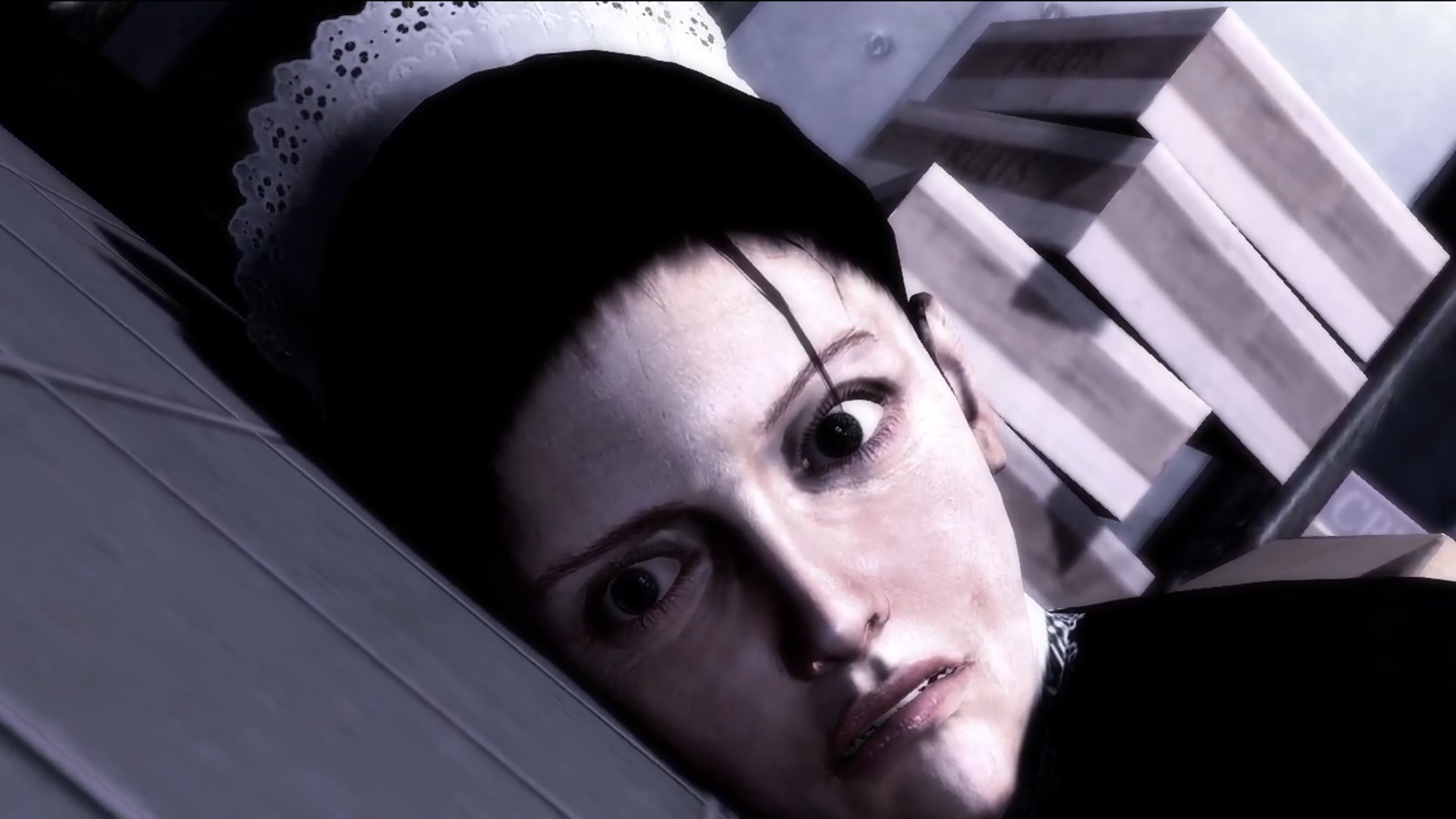Products You May Like
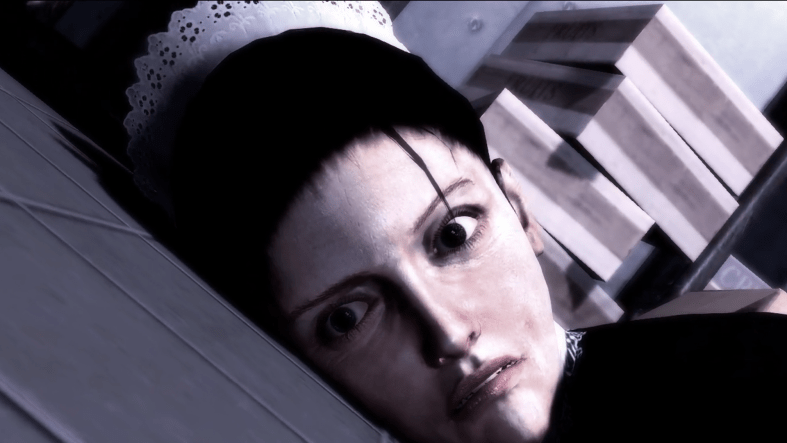
As of late, we are getting even more reimaginings, remakes, or new entries in long-dormant franchises. This brings me through a nostalgic trip of its own, not necessarily tied to movies but to games licensed by the franchise. But there is almost another echelon of games that just try to blatantly copy the films without the rights. There is no better example of this than the Lucius franchise, which ran from 2012-2018, in which we lived out The Omen, but playing Damien or, in this case, Lucius in a semi-open environment in the same vein as the Hitman series.
Lucius
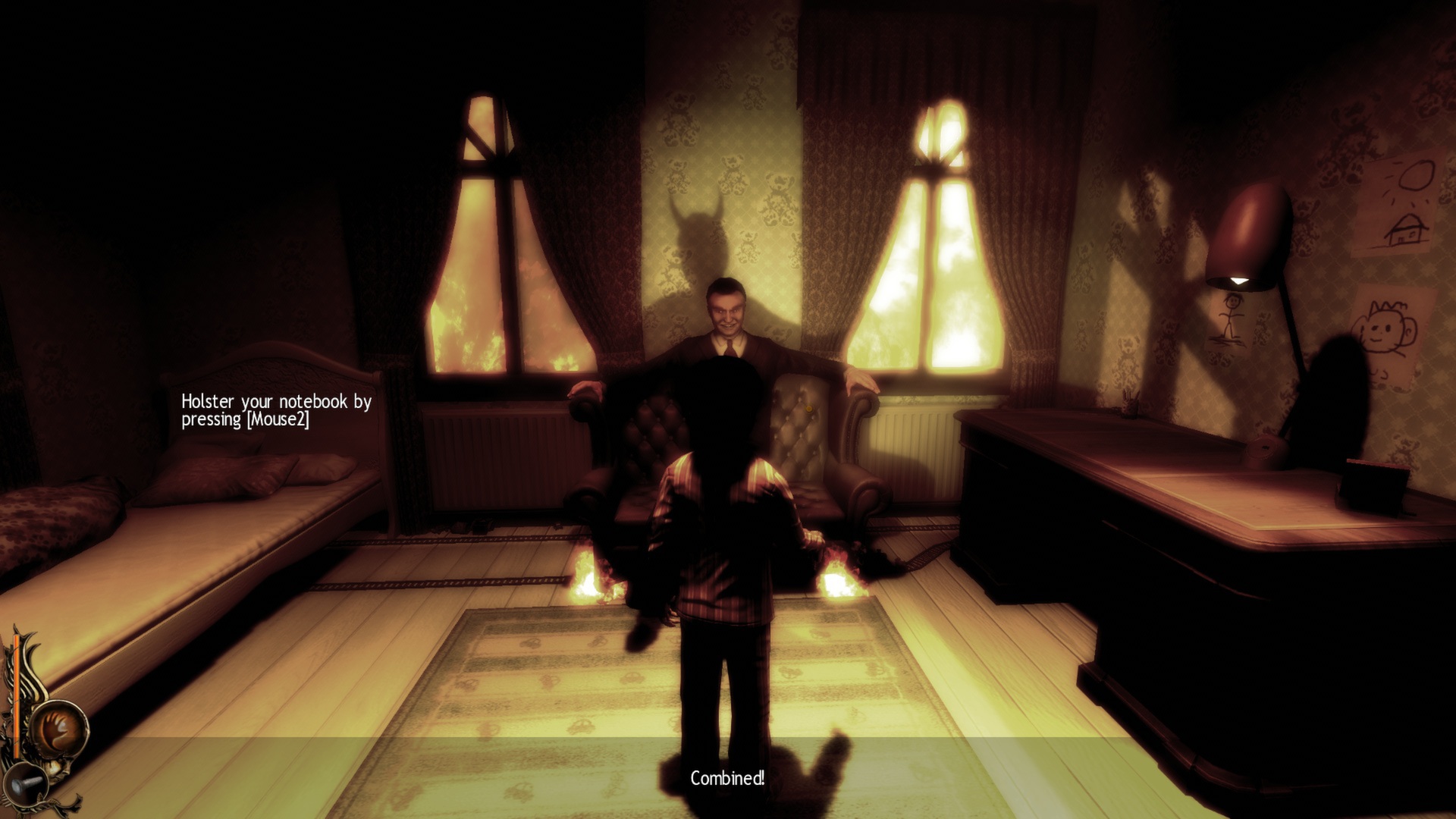
The first game in the series follows the rise of the titular Lucius, who is also, of note, the son of Satan. After his sixth birthday, Lucius is visited by Lucifer and ordered to kill multiple inhabitants of the Dante Manor, as each death will bring Lucifer closer to coming back and strengthen Lucius’ powers.
Each morning, Lucius is set to kill a different inhabitant. But, he must avoid being detected and spending too much time near crosses as they tend to drain his demonic powers. As the game progresses, Lucius unlocks more powers. These include mind control and telekinesis, each growing in power as you kill off more staff and, eventually, family. Much like the ending of the original Omen, the one person who catches on to Lucius gets shot right before they kill him, ensuring that his reign of terror will continue.
Lucius II: The Prophecy
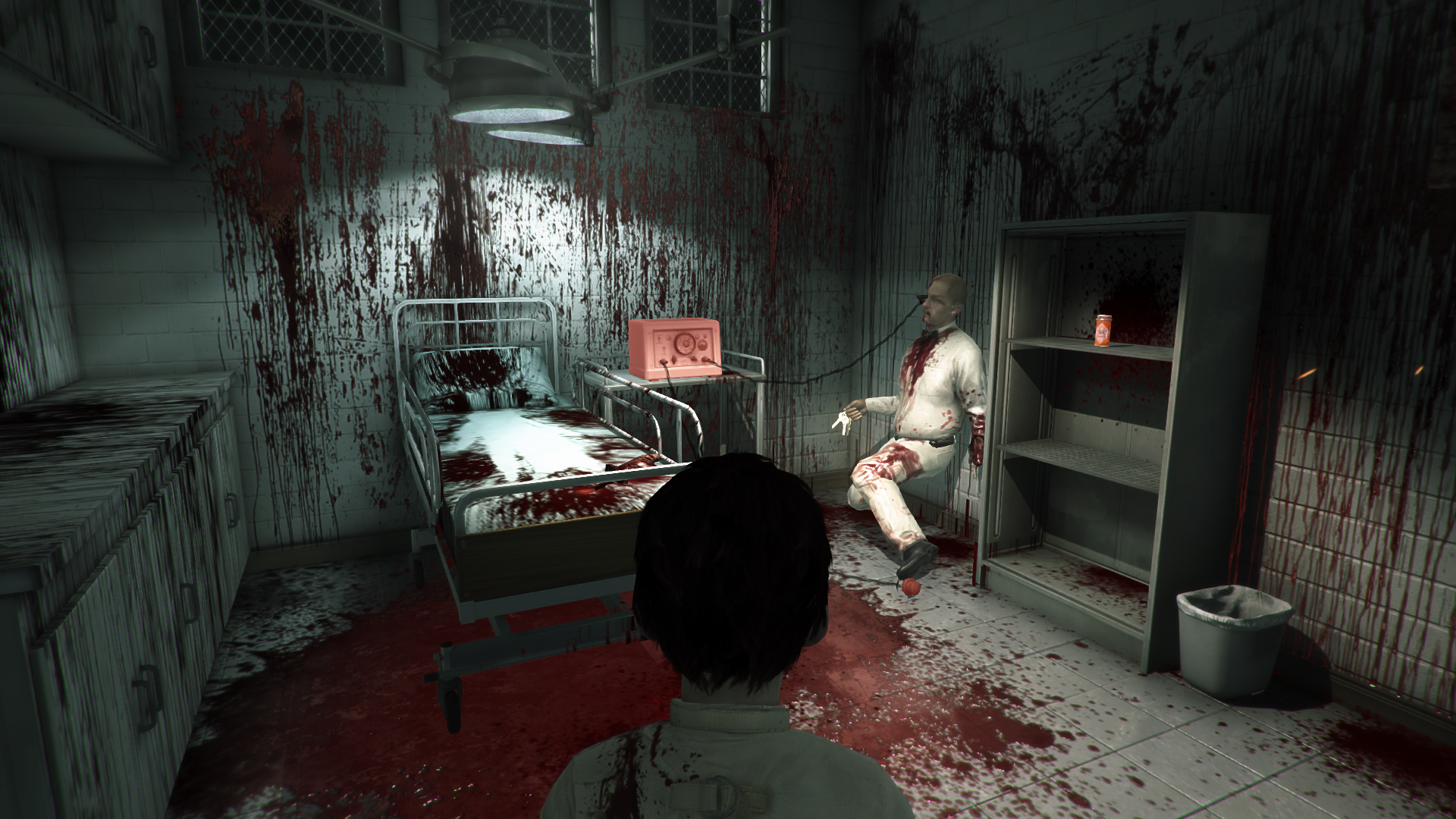
Set loosely after the events of the original game, Lucius II sees us attempting to escape the psychiatric ward of St. Benedict’s Hospital. After the events of the first game, caretakers are worried that the traumatic events of his family’s deaths would have some long-term psychological effects. This time the detective from the first game has now been turned by Lucifer to assist in any way possible. After attacking a nun, Lucius is put into shock therapy, in which he uses his powers to murder the attendants trying to treat him.
While the first game felt more like a testing ground for the series, the sequel evolves the idea and really puts it to the test. This time, it allows Lucius to roam around the game world, which is primarily open-ended, setting up traps at our whim. Even though this is more freeing, it does lose the intimacy of how personal the first one is, but this makes sense on Lucius’ journey to free Lucifer. It’s a shame it’s really held back by how buggy and almost lifeless the majority of the game is. Not to mention, they added a weird skill tree system to power up your abilities. This could have been an excellent system, tied to how close to Satan’s will you are getting, but instead just comes across as grindy and a way to pad out the game’s run time.
Lucius III
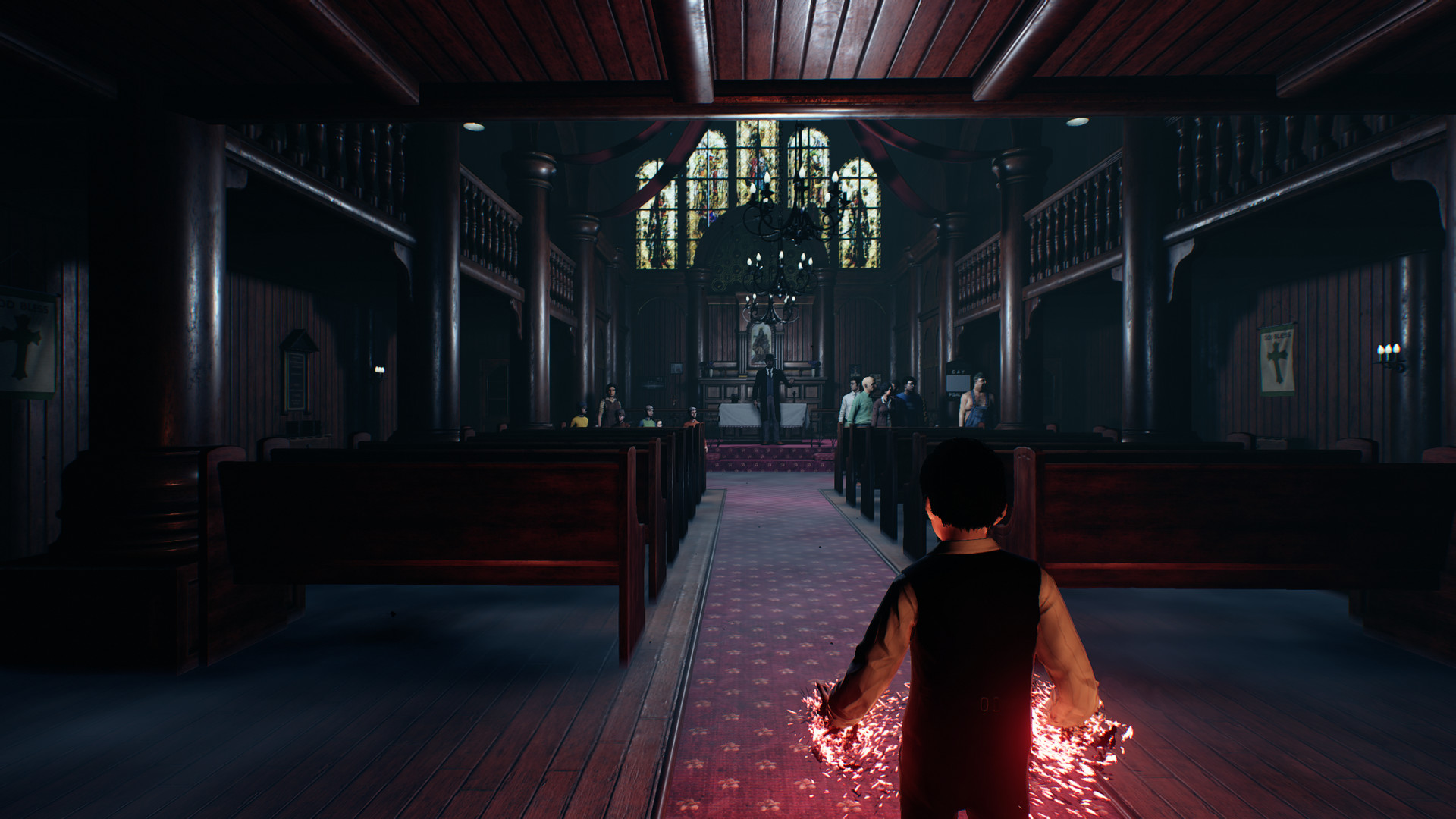
Lucius III sees a return to Lucius’ hometown, Winter Hill, as both he and Jack McGuffin (The detective turned Lucifer puppet) continue on his journey to exact vengeance for his father, Satan, breaking the seven seals on a scroll to bring forth the apocalypse.
It’s a return to the original gameplay layout, with clear goals instead of more open-ended ones. However, this time, it’s set in the open world of Winter Hill. But even the open world is middling at best. Nothing is going on in the world, which makes it feel like a waste.
Beyond that, there is a lot to dislike here. Tracking down the four horsemen of the apocalypse sounds like an excellent idea, but in reality, the characters themselves come across as lame. There is also much more of a focus on shock value, like having Lucius trick the Klan into hanging someone that he needs to be killed. It seems to forgo horror and slide into the horrendous.
While it is clear to see that the Lucius games went the same way as the films, it does show that there is a world in which we can get some good video game adaptations of beloved franchises and have them work. It was just not the case here. One day, with the right developers, I would love to see something along the lines of a social deduction Scream or The Thing game.
Categorized:Editorials
